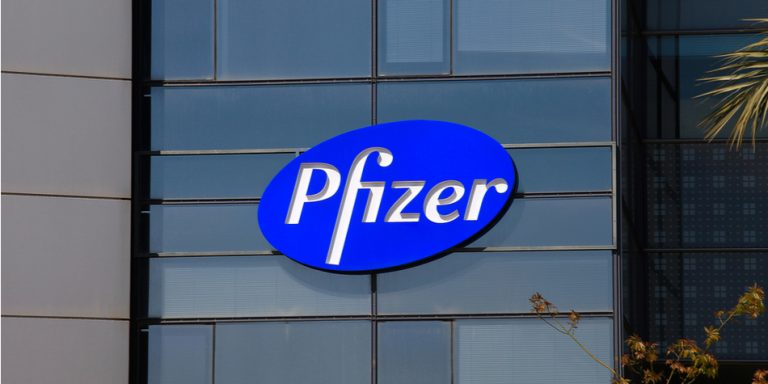The industry line is simple: Drugs cost a lot to develop and overcharging consumers is the only way to recoup the upfront investment. Recently, both Pfizer (NYSE:PFE) and Eli Lilly (NYSE:LLY) have been in the news for price-related issues. Frankly, I’m tired of hearing the industry’s bellyaching. It’s a big reason I’m not a fan of Pfizer stock or most pharmaceutical companies for that matter.
If you’ve owned Pfizer stock over the past ten years, you’ve done OK, achieving an annualized total return of 15%. Eli Lilly’s stock over the same period has an annualized total return of 17.42%. PFE stock underperformed the S&P 500 by 188 basis point on an annual basis, while LLY stock was 56 basis points higher than the index
Any time a stock delivers a double-digit return over a long period, you’ve done well. Good for you.
Lilly’s Olive Branch
This week, Eli Lilly announced that it would introduce a generic version of its Humalog insulin injection medication at half the cost of the branded product.
Same stuff. Lower price. What’s not to like?
That’s how they want you to feel. The benevolent dictator. The problem is that it doesn’t fix a fatally flawed healthcare system. It merely seeks to persuade healthcare reformists to tamp down their rhetoric so drug companies can continue to reap billions off the backs of hardworking Americans.
You can fear socialism all you want, but when capitalism bankrupts people due to the high cost of drugs, you’re backing the second-worst horse in a race that’s likely not winnable.
Senator Dick Durbin said it best when he tweeted that a half-price version of Humalog was still 73% cheaper in Canada. That’s not an endorsement of Canada’s healthcare system, which has its issues, but rather a severe condemnation of company’s like Eli Lilly, who believe a half-priced version is part of the healthcare solution.
That’s like going to a retail store that’s selling a product at 50% off, but still making a handsome gross profit. You walk away feeling good until you find out the product you paid $50 for actually cost $10 to produce.
What’s This Got to Do With Pfizer?
Well, I happened to come across a CBC News piece from Feb. 15 entitled, Pfizer pushes up price of birth control used by low-income women, that highlights some price increases by the company for sexual health clinics in Southwestern Ontario.
For example, its Allese and Minovral birth control pills were increased in price by 114% from CAD$7 to CAD$15 a month. Its Demulen and Synphasic birth control pills increased by 186% from CAD$7 to CAD$20 a month, and its Depo contraceptive injection increased by 40% from CAD$25 to CAD$35.
The company argues that manufacturing costs have risen, necessitating the price increases.
However, the price increases will hurt the people most vulnerable to this type of inflationary pressure. Those visiting the clinics are generally people who don’t have a family doctor or a drug benefit plan, making the increase even harder to swallow.
“When these costs go up, absolutely we start to wonder whether people will be able to access these medications in the same way,” said Middlesex-London Health Unit (MLHU) Associate Medical Officer of Health, Dr. Alex Summers.
Situations like these demonstrate why there’s a push in Canada to introduce universal pharmacare.
“National pharmacare isn’t just a conversation about high-cost, rare drugs needed in more extreme health conditions in our lives, but also part of our everyday preventive health,” said Lauren Cipriano, assistant professor of health policy studies at the Ivey Business School.
The Bottom Line on Pfizer Stock
While this particular scenario might not affect you, the fact that drug companies like Pfizer continue to initiate significant price increases without any apparent justification should concern you. So should the actions of Eli Lilly, whose recent sleight of hand might fool some of the people some of the time, but it won’t fool all of them all of the time.
I selected Canada Goose (NASDAQ:GOOS) as my best stock of 2019 for InvestorPlace’s annual stock-picking contest despite not owning it personally. I won’t, because I don’t agree with its use of coyote fur on the hoods of its jackets.
That’s my personal choice. It doesn’t have to be yours.
The same goes for Pfizer, Eli Lilly, and the rest of the pharmaceutical companies. They’re not my cup of tea, but for those who don’t care about their pricing practices, they are very profitable.
The choice is yours.
As of this writing Will Ashworth did not hold a position in any of the aforementioned securities.

